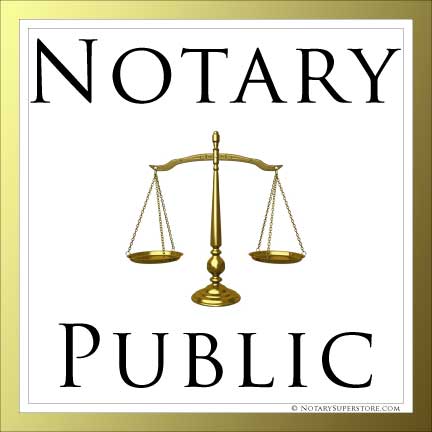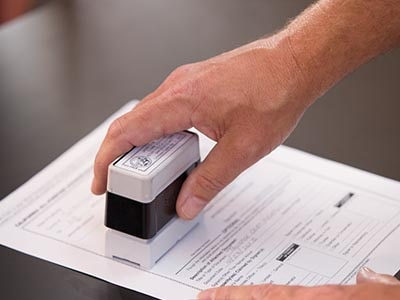Managing Deceased Estate Issues: Support With Legal Procedures
Managing Deceased Estate Issues: Support With Legal Procedures
Blog Article
Debunking Notarial Job: Simplifying the Duty and Value of Notaries
In the elaborate web of legal paperwork and verification, notaries stand as pillars of assurance and credibility. Their duty, frequently shrouded in mystery for several, lugs substantial weight in making sure the validity and honesty of critical records. As guardians of legality and truth, notaries play an essential part in our culture, yet their job is not always fully comprehended. By untangling the complexities surrounding notarial practices and dropping light on the value of their acts, a more clear understanding arises of the crucial function notaries play in maintaining the fabric of contractual and lawful arrangements.
The Background of Notarial Work
The background of notarial job dates back to ancient human beings, where scribes played a critical role in recording vital details and confirming files. This led to the advancement of notaries, people appointed by the state to act as objective witnesses in legal issues.
Throughout the Middle Ages, notaries got prominence in Europe, with their features increasing to include preparing legal documents, licensing signatures, and protecting documents. The increase of global trade better emphasized the importance of notarial operate in confirming contracts and agreements throughout borders.
In the modern-day age, notaries proceed to play a vital duty in legal and company deals by verifying identifications, confirming the authenticity of files, and avoiding fraudulence. Their function in certifying the legitimacy of contracts adds a layer of safety and trust to the ever-evolving landscape of commerce and law.

Responsibilities and Duties of Notaries
The historical advancement of notarial work from ancient worlds to the modern period has shaped the distinctive obligations and responsibilities that notaries maintain in lawful and organization transactions today. Notaries play a vital duty in verifying the authenticity of papers and the identification of notaries. One of their primary obligations is to witness the finalizing of vital records, such as agreements, wills, and actions, to ensure that all events are becoming part of agreements intentionally and voluntarily. Notaries likewise verify that notaries are of audio mind and not under duress or browbeating.
Furthermore, notaries are tasked with administering affirmations and vows, which are important in legal process and the execution of affidavits. They license copies of original documents, providing assurance to institutions that the duplicates are true replicas of the originals. Notaries need to keep accurate documents of all deals they look after to make certain openness and accountability. Generally, the duties and responsibilities of notaries are necessary in safeguarding the honesty and legality of different files and transactions.
Notarial Certificates and Signatures
Exhibiting careful interest to detail, notarial certifications and signatures work as crucial parts in confirming the credibility of legal records. Notarial certifications generally include vital info such as the day of registration, the names of the signatories, a description of the paper, and the notary's official seal. These certificates give a clear document of the notarial act, ensuring that the file can be conveniently identified and mapped back to the notary that supervised the process.
Signatures play a go right here crucial function in notarial work, as they indicate the contract and permission of the celebrations involved. Notaries carefully witness the finalizing of files to validate the identification of the signatories and confirm that they are authorizing of their very own totally free will. By attaching their official seal and signature to the record, notaries certify that the required procedures have actually been followed and that the file is enforceable and legitimate.
In essence, notarial certificates and signatures are the characteristic of credibility in legal deals, offering guarantee to all parties involved that the documents are genuine and binding.
Significance of Notarial Acts

Registration Process Discussed
The registration procedure generally begins with the private offering the file to a notary public. As soon as the identification is validated, the notary makes certain that the individual signing the record does so voluntarily and without any type of browbeating.

Final Thought

Notarial certificates typically include critical information such as the day of notarization, the names of the notaries, a description of the document, and the notary's official seal. These certifications offer a clear document of the notarial act, guaranteeing that the document can be quickly determined and mapped back to the notary that oversaw the process.
By affixing their main seal and trademark to the document, notaries license that the essential procedures have actually been followed and that the paper is enforceable and legitimate.
By validating the identification of the signatures, confirming their willingness to enter into the arrangement, and licensing the day and place of the signing, notaries play a crucial function in upholding the validity of legal files.After the record is authorized, the notary will attach their main seal or stamp onto the paper.
Report this page